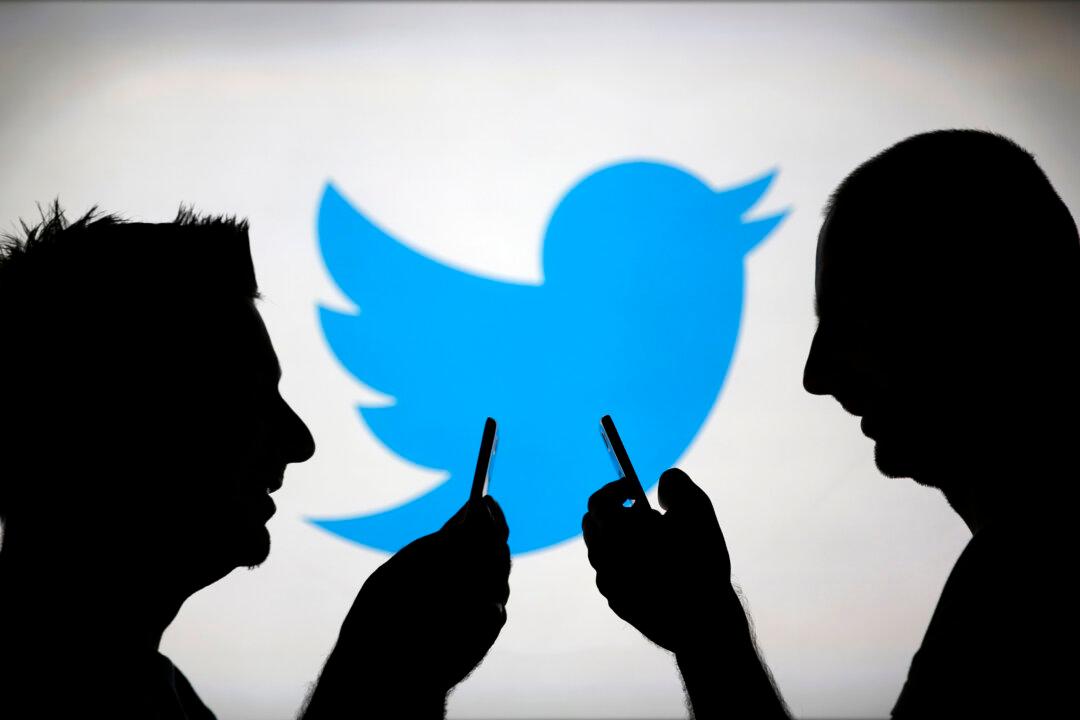The New York Times is arguing that old posts on Twitter and other social media websites shouldn’t be used against journalists, after a top editor at the paper was reprimanded for a string of tweets that some found anti-Semitic.
Reporters for the newspaper also cited the example of the CNN photo editor who resigned after old tweets were dug up in which he called Jewish people “pigs” and Israel “the main enemy for the people of Egypt.”





